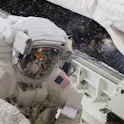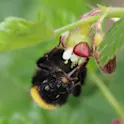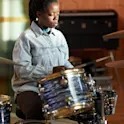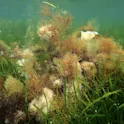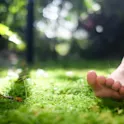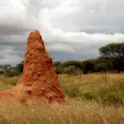
Featured news
27 Jun 2023
Frontiers and the World Economic Forum collaboration reveals the Top 10 Emerging Technologies of 2023 report
The Top 10 Emerging Technologies of 2023 report co-published by open access publisher Frontiers and the World Economic Forum has been presented today. The report identifies those technologies poised to have the biggest positive impact on society over the next three to five years. Curated by an international steering group of experts, the technologies were selected from nearly 100 contenders based on criteria including novelty, applicability, depth, and power. As this year’s knowledge partner, Frontiers collaborated with the Forum to identify experts from its far-reaching research community to provide further analysis of the technologies. Photo credit: Frontiers For more than a decade, the report has helped business leaders, innovators, policymakers, and other professionals across industries and disciplines anticipate developing technology and understand the associated risks and opportunities. The 2023 report has broadened its scope for the first time, incorporating a qualitative assessment of how each technology will impact people, the planet, prosperity, industry, and equity. These “impact fingerprints” are based on data gathered from more than 90 experts across 20 countries. They offer in-depth analysis of how the technology is predicted to influence society within the next five years. The academics were selected from Frontiers’ network of scientific journal editors, […]
